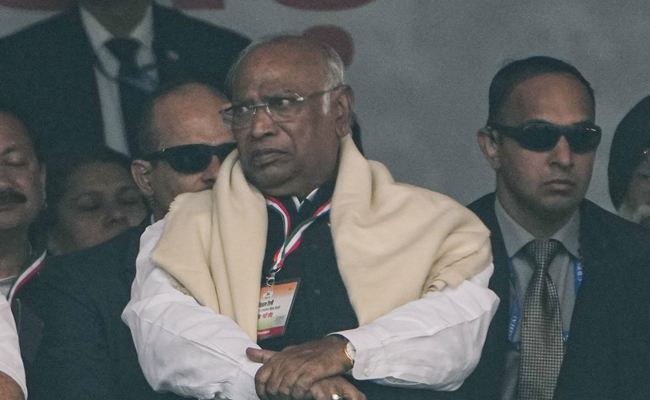New York, Sep 28 : The Securities and Exchange Commission (S.E.C.) has filed a lawsuit accusing Tesla Inc. founder Elon Musk of committing fraud by making false public statements with the potential to hurt investors, a move that could force him out of the companys leadership.
The lawsuit filed on Thursday in a federal court here seeks to bar Musk from serving as an executive or director of publicly traded companies like Tesla, reports The New York Times.
Such a punishment is one of the most serious remedies the S.E.C. can impose against a corporate executive. At issue is Musk's declaration on Twitter last month that he had "funding secured" to buy out the stock of the electric-car maker.
The prospect created a firestorm on social media and in the markets that sent Tesla's shares soaring. The case could lead to a re-evaluation of how companies use Twitter to communicate with the investing public.
The S.E.C. said Musk "knew or was reckless in not knowing" that his statements were false or misleading.
"In truth and in fact, Musk had not even discussed, much less confirmed, key deal terms, including price, with any potential funding source," it said in its lawsuit.
Musk responded later on Thursday, calling the move "unjustified".
"This unjustified action by the S.E.C. leaves me deeply saddened and disappointed. I have always taken action in the best interests of truth, transparency and investors. Integrity is the most important value in my life and the facts will show I never compromised this in any way," the billionaire businessman said in a statement.
The S.E.C. approached the Tesla chief with an offer to settle the case, an informed source told The New York Times, but he refused to negotiate, adamant that he had done nothing wrong.
Tesla has become the most valuable American carmaker, with its stock worth more than $50 billion. But the company's shares tumbled more than 12 per cent in after-hours trading after the S.E.C. filed its lawsuit.
The lawsuit is the latest in a series of escalating problems for Tesla and Musk. The company has been struggling to achieve the ambitious production targets that Musk had publicly outlined.
He has made a series of unusual public comments or appearances, including an internet interview in which Musk appeared to smoke marijuana.
Let the Truth be known. If you read VB and like VB, please be a VB Supporter and Help us deliver the Truth to one and all.
New Delhi (PTI): Congress president Mallikarjun Kharge on Sunday launched a scathing attack on the BJP, saying those indulging in "vote chori" are "gaddars" and need to be removed from power to save the voting right and the Constitution.
Addressing the party's 'Vote Chor Gaddi Chhod' rally at the Ramlila Maidan here, Kharge said it is the duty of all Indians to unitedly strengthen Congress ideology as only this party can save the country.
He alleged that the RSS ideology will "finish the nation".
ALSO READ: Rally against "vote chori" to protect every citizen's right, says D K Shivakumar
"The BJP people are 'gaddars' (traitors) and 'dramebaaz' (indulge in theatrics). They need to be removed from power," Kharge said.
The Congress president also said that he did not go for his son's operation in Bengaluru and stayed to attend the rally as he thought it was important "to save 140 crore people".
#WATCH | Delhi | Congress President Mallikarjun Kharge says, "The leaders of the BJP only do drama...Some BJP leaders were questioning whether, after the Parliament session, Rahul Gandhi is going abroad. During the Parliament session, PM Modi never attends the session but goes… pic.twitter.com/DMa5nAyc3Z
— ANI (@ANI) December 14, 2025





